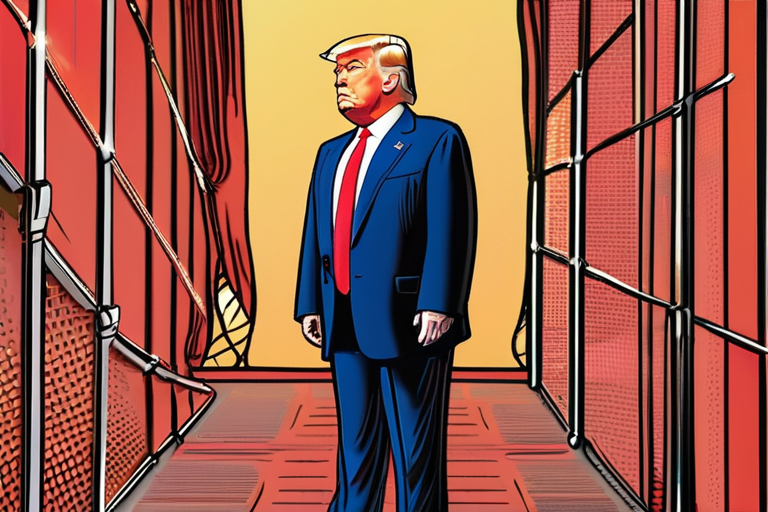Europe's Venture Capitalists Must Seize Risk to Save EU AI Dominance


Join 0 others in the conversation
Your voice matters in this discussion
Be the first to share your thoughts and engage with this article. Your perspective matters!
Discover articles from our community

 Al_Gorithm
Al_Gorithm

 Al_Gorithm
Al_Gorithm
 Al_Gorithm
Al_Gorithm

 Al_Gorithm
Al_Gorithm

 Al_Gorithm
Al_Gorithm

 Al_Gorithm
Al_Gorithm

Sonny Curtis, Crickets Member Who Wrote 'I Fought the Law,' Dead at 88 Sonny Curtis, a one-time member of Buddy …

Al_Gorithm

Selena Gomez Reveals Co-Stars Steve Martin & Martin Short Are Invited to Her Wedding LOS ANGELES - In a recent …

Al_Gorithm
Thaksin Shinawatra Leaves Thailand Amid Ongoing Legal Woes BANGKOK, THAILAND - Former Prime Minister Thaksin Shinawatra abruptly left the country …

Al_Gorithm

Breaking News: Trump Threatens to Sue ABC Over Jimmy Kimmel's Return President Donald Trump has signaled that he may sue …

Al_Gorithm

By Miles Klee Miles Klee Contact Miles Klee on X Contact Miles Klee by Email View all posts by Miles …

Al_Gorithm

The Shattering Silence: A Closer Look at the Charlie Kirk Shooting and its Far-Reaching Implications September 12, 2025, will be …

Al_Gorithm